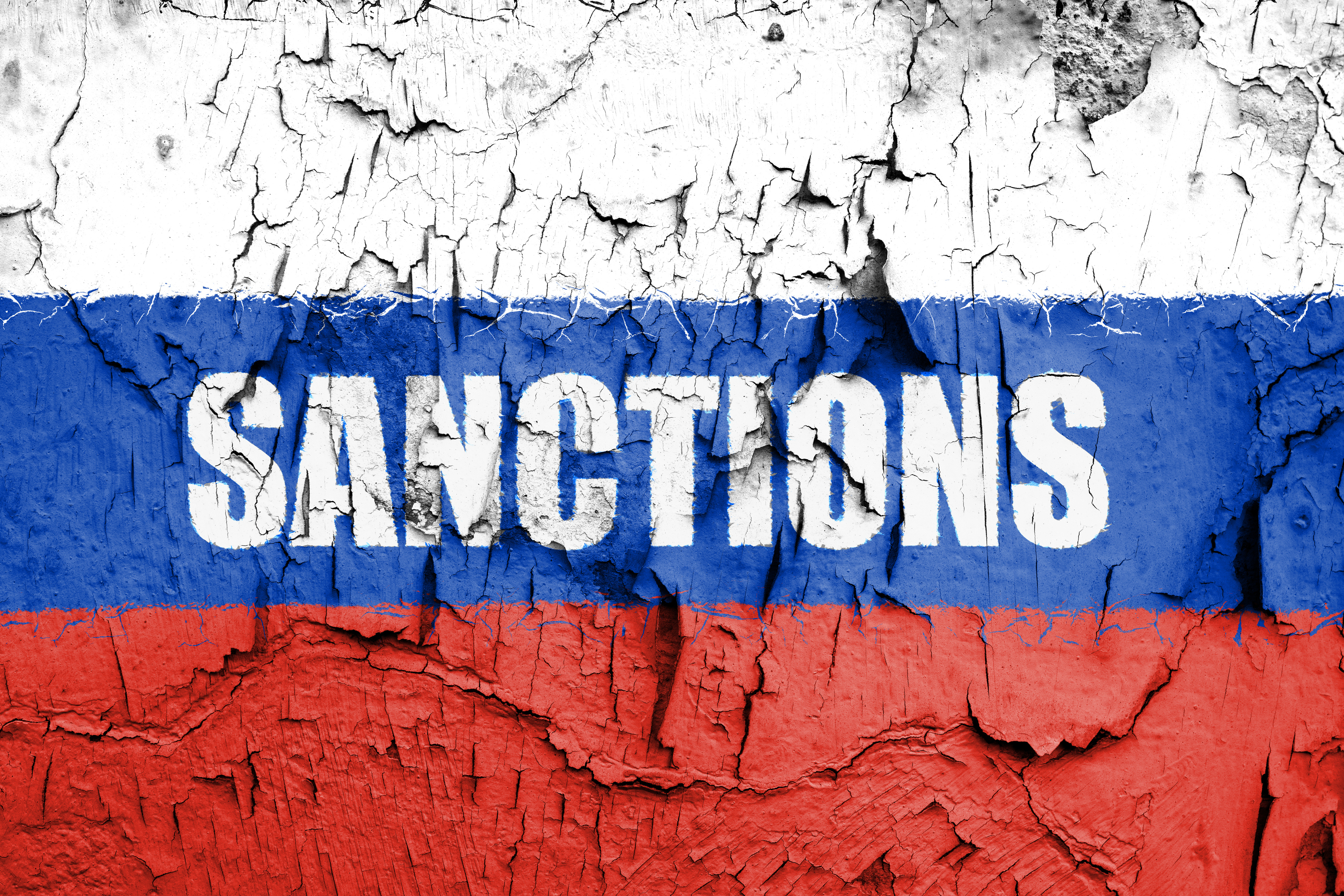The bundle of sanctions was initially designed and imposed in haste, with little basis to assess historic performance.
The conflict in Ukraine, which passed its 500-day mark in early July, has been described as “the first TikTok war” and a “living lab for AI warfare.” Modern tactics such as the use of advanced drones and hypersonic missiles have commingled with more traditional forms of battle such as trench warfare and old-school atrocities on civilians.
A similar mix of new and old also characterizes the sanctions regime the United States and others have imposed on Russia. Some sanctions, such as travel and trade restrictions on individuals, firms and goods, are part of the historical arsenal. Others are products of the digital age, as befits the war itself. But even traditional sanctions are affected by digital technologies, changing their speed and their effectiveness. Trade flows and travel of individuals are more easily monitored today than in the analog era.
The bundle of sanctions was initially designed and imposed in haste, with little basis to assess historic performance and no normative or long-term strategic frame to guide decision makers. A set of sanctions at the intersection of finance and digital technology stands out in this respect. The US-led coalition froze Russian central bank assets and made the Swift bank-messaging system off limits to Russia-linked users. Sanctions also targeted crypto transactions and assets.
About half of Russia’s $600 billion of official reserves held in US and EU financial institutions were frozen in mid-2022. There is no precedent for an action of this scale. The United States and the European Union weren’t themselves at war with Russia.
Swift, for its part, is a private company but also essentially a global public good. It helps to ensure a well-functioning, clean and comprehensive payments system. But that system has been weaponized. Several consequences have followed, none of them desirable for the United States and its allies’ long-term strategic goals.
First, many countries that saw the global payments system as a joint endeavour now wonder about the circumstances in which it might be used against them. Consequently, buying into a US-EU-led global order has become less likely, as evidenced by the degree of international equivocation in what the United States and its allies still see as a black-and-white war. Second, the Swift sanctions have accelerated and made more likely the rise of competing systems, most likely led by China. Third, by disabling the ordinary day-to-day transactions of tens of millions of Russians (and Belarusians), the allies have alienated what remains of the Western-oriented middle class that would be the main constituency for liberalism in any future Russian state.
The inclusion of crypto-assets in financial sanctions is a necessary by-product of the current era, and it too raises broader issues. The case for greater control over private crypto-assets goes beyond sanctions between wartime adversaries. Authorities shouldn’t need the excuse of war to crack down on shady uses of crypto. But just as the Swift sanctions weakened the case for financial cooperation, the crypto sanction also complicates the efforts by central banks to introduce digital currencies. And adding to the Wild West atmosphere, the crypto tracing firm Chainalysis alleges an anonymous hacker has cornered Russian crypto-assets and diverted them to Ukrainian causes.
Several broader lessons may be drawn from the test drive of these next-generation sanctions.
First, despite their high-tech nature, they are still susceptible to low-tech problems — workarounds (that of course are more accessible to elites than to the average citizen) and the non-participation of key countries.
Second, high-tech sanctions evidently haven’t slowed the Russian war effort. It appears Russia’s own dysfunctional military operation, the murderous antics of the quasi-official Wagner Group and, not least, the bravery of the Ukrainian people have done plenty to turn an anticipated early victory into probable stalemate.
Third, and perhaps most troubling, there appears to be no move to create the intellectual and moral structure within which adversaries develop and apply sanctions. It is axiomatic that actions around war are developed because of experience with war. Conventions against the use of chemical weapons and bioweapons and to preserve cultural artifacts during war have arisen out of tragedy. Ad hoc action in these areas has been deemed not to be in the long-term global interest, often by combatants on all sides.
All isn’t fair in love and war, even in the face of aggression. What seems cheer-worthy in one context inevitably comes back to bite. The norms and rules during war evolve through experience and even dialogue among combatants.
The purpose of sanctions isn’t just punishment in the short term but also achieving the long-term goals of victory on the battlefield and, crucially, winning hearts and minds. It is in these respects that current techno-finance sanctions merit further reflection.
This piece was previously published by Barron’s and the Centre for International Governance Innovation.






